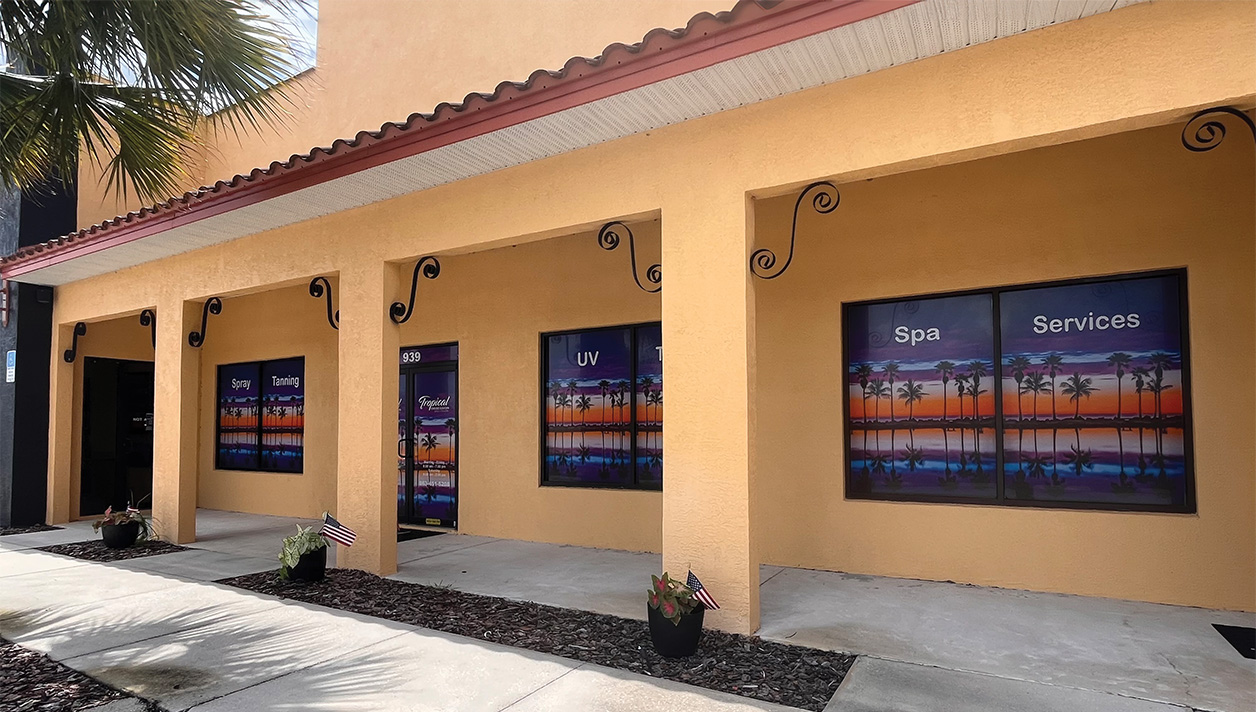When you are self-employed, the loss of income from your business being closed for just a few days due to an unforeseen disaster can set you back financially and emotionally for weeks, if not months.
[gap height=”15″]
Business Interruption (BI) insurance covers the loss of income due to a covered cause of loss. It can also cover your costs and income during the rebuilding process.
[gap height=”15″]
BI insurance is different and separate from property insurance. Your property insurance policy is there for physical damage to the business. BI insurance is additional coverage that provides the income that would have been earned and continued normal operating expenses. This extra policy provision is designed to help put a business back into the same financial position it would have been in had no loss occurred.
[gap height=”15″]
Case in point: If bad weather causes physical damage to your building and premises, and you are unable to conduct business as usual, then, the BI coverage could apply (the physical damage must be a covered cause of loss). BI insurance is activated only after a Covered Cause of Loss occurs and instead of a property deductible BI usually has a waiting period. For example, BI may not be triggered until 72 hours after the claim. However, if there is bad weather and you can’t open your salon but there has been no physical damage, then, there is no coverage for business interruption.
[gap height=”15″]
Many times, BI is included; but if not, ask your specialized broker to see the cost to add BI to your package policy. There are different types of BI coverage – it can be on a monthly-limit form, actual loss sustained, or there may be coinsurance, so it’s important to know the type of BI coverage you have (before the claim occurs). It’s also important to confirm that you have Extra Expensive coverage included with BI coverage.
[gap height=”15″]
[gap height=”15″]
Business Interruption (BI) insurance covers the loss of income due to a covered cause of loss and can also cover your costs and income during the rebuilding process.
[gap height=”15″]
[gap height=”15″]
The following are typically covered under a Business Interruption insurance policy:
[gap height=”15″]
Business Income – that is, net profits that would have been earned before income taxes.
[gap height=”15″]
Operating Expenses – these include rent, payroll and other costs still being incurred by the business. The amount is based on historical costs.
[gap height=”15″]
Extra Expenses – reimbursement for reasonable expenses that allows the business to continue operating while the property is being repaired. This could include rent for a temporary location that allows some sales and business activities to continue to help cover expenses incurred due to the peril.
[gap height=”15″]
If your business is located in an area that is prone to storms and bad weather, you should seriously consider adding BI coverage to your policy and making sure that the length of time is enough. You should also consider the potential effects from a disaster occurring at businesses that are adjacent to or near your facility. For example, restaurants are prone to smoke and fire damage. Laundromats are prone to water leaks and flooding. Such occurrences at these businesses could directly impact your facility, as well.
[gap height=”15″]
Finally, review the financial health and cash reserves of your business. Determine how many months your business could operate if you had zero income due to an unforeseen disaster. Then, weigh all factors against the extra investment required for a strong Business Interruption insurance policy.





























